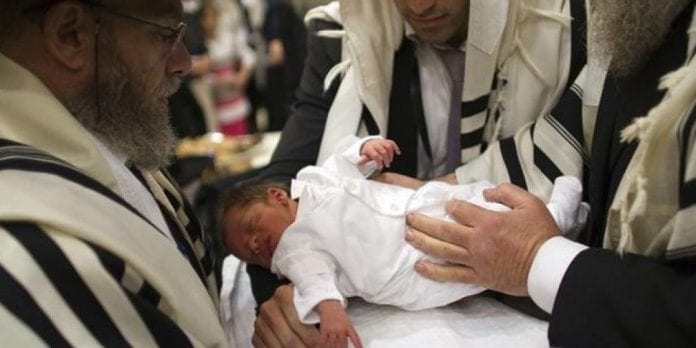We all know that after a baby is born, someone needs to decide what the name of that person is going to be. Now, the interesting part is that “the someone” is always a different type of a person, depending on which country we’re talking about.
In many places, it’s the parents who decide what the name is going to be, in some it’s the godfather who decides, and in other countries, there’s a completely different ceremony that you’ve probably never heard of.
This usually comes down to traditions and beliefs, and although these things happen to be very modernized these days, some people just want to preserve them as they were a long time ago, and keep them that way.
Today we are going to talk about the Jewish Naming Ceremony Traditions, what they are, how they function and everything else that you need to know about them. If you are curious about learning some more about this subject, feel free to stick with us until the end of this article. Let’s take a look.
What are the Jewish naming Ceremonies?
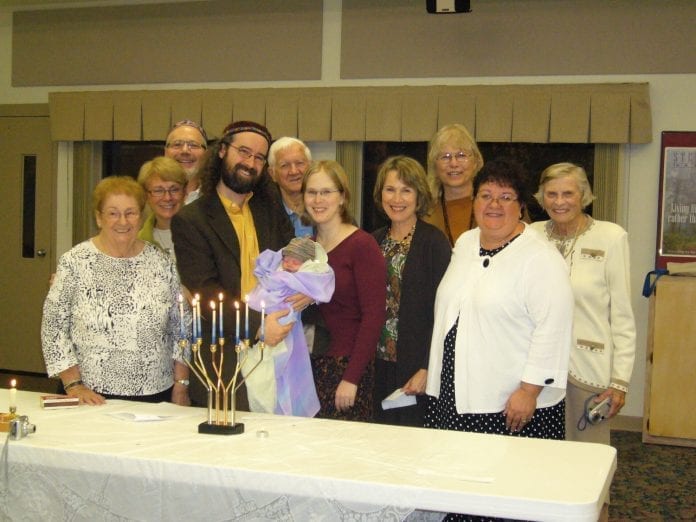
This has something to do with naming a baby, but things are slightly different in the Jewish culture compared to what they are in ours. The original name for this event is Zeved Habat, or it can be sometimes pronounced as Brita, and Simchat Bat. All of the terms are correct, and they have the same meaning.
This is an event in which the parents, a rabbi, and sometimes the family of the baby being born are being present, and they are all celebrating the cause, but things can be slightly different depending on if we’re talking about a boy or a girl.
The naming of the child
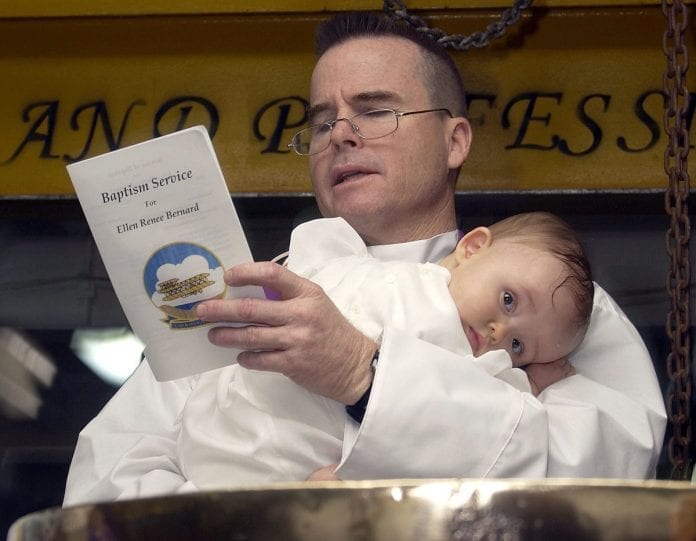
Some people say that Jewish people do not name their children after close relatives, especially not the ones that are currently alive, but that’s not true, or at least now in these modern days.
It’s always a huge honor to have a child named after you, and it is even better to be alive to see it yourself, so Jews often do this, and it’s not rare to find a child that has been named after their living grandfather.
Now, here comes the interesting part, and something that can slightly “support” the theory about not naming after living people. Both amongst the two groups of Jews, the Sephardic, and the Ashkenazic, there is a tradition where the parents of the child are naming it after a family member that recently passed away, and here’s a reason why.
According to their beliefs, when a baby is being born, if you give it the same name as the person who recently passed away, they are fusing the life into the newborn and living once again in a new body. It might sound a bit freaky, but it’s a very common belief and a method that’s being used across many countries and cultures worldwide.
This, of course, doesn’t have to be a rule, and it’s up to the parents to decide if they want to do it or not. Some completely ignore this idea and they just create their unique name for their child, without any previous or hidden meanings. The naming of the child needs to be done with a rabbi being present, but this sometimes isn’t the case because some people want to do it on their own, in privacy.
Since a lot of things are being modernized these days, the naming ceremonies are one of them, so expect things to be different from one family to another, or from one country to another. if you want to learn more we recommend you this website.
The celebration
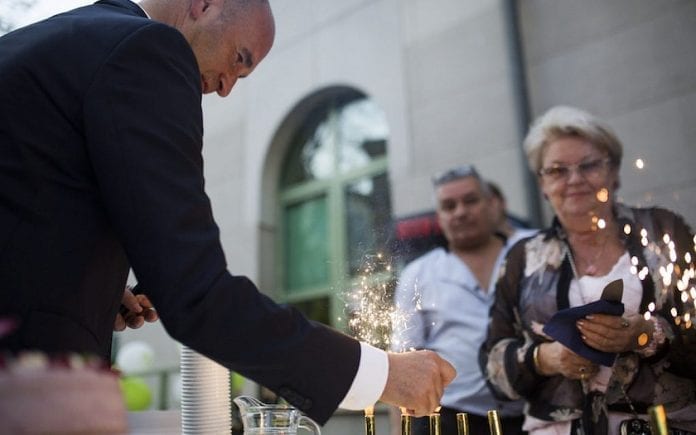
It wouldn’t be a Jewish tradition if there weren’t any celebrations and appreciations, and we all know that this is what they’re famous for.
If the newborn is a male when the time for circumcising comes, there is a very special event that’s being organized with a lot of family members being present, and a rabbi who makes things very official. This is a memorable event that Jewish people document with pictures and videos, and it’s a very honorable and sacred ceremony.
For male newborns, the typical day when the circumcising is done is on the eight-day after birth.
For female newborns, there aren’t any rules when it comes to the timing for giving them a name, but it’s done somewhere in the first couple of weeks.
After the main action, everyone celebrates, and it’s just a very pleasant thing to see if you are a tourist or a person who’s not a member of this culture.
How to behave and what to expect
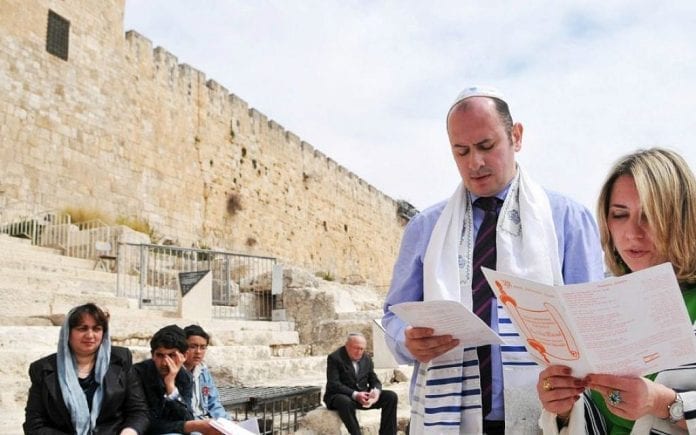
A naming ceremony tradition always ends up with a celebration, and here are some of the things that you should expect if you ever find yourself at one.
First, you will hear a lot of people saying mazel tov as they are entering the home or the location, and this means congratulations. You should say it as well, but if you are shy that you won’t pronounce it as you should, you can just say congratulations on your language, it will be highly appreciated and polite.
Now, for people, you will probably meet the entire family of the newborn, so expect everyone to be there, but there will also be some people who are not family, such as friends, colleagues, co-workers, etc.
You will also notice that although it’s a celebration, it’s a bit more formal and strict, so you will see people dressed in suits and other formal clothes. If you can, and you can, do the same, but if you don’t have any formal clothes, nobody will bat an eye if you go wearing something casual. There may or may not be some music at an event like this.
Last but not least, you should expect to find a lot of food, because when Jewish people celebrate happy moments, they do it with all of their energy and love. You will find a lot of food, Jewish specialties, drinks, and traditional meals, so don’t worry about leaving with an empty stomach, because you won’t.
